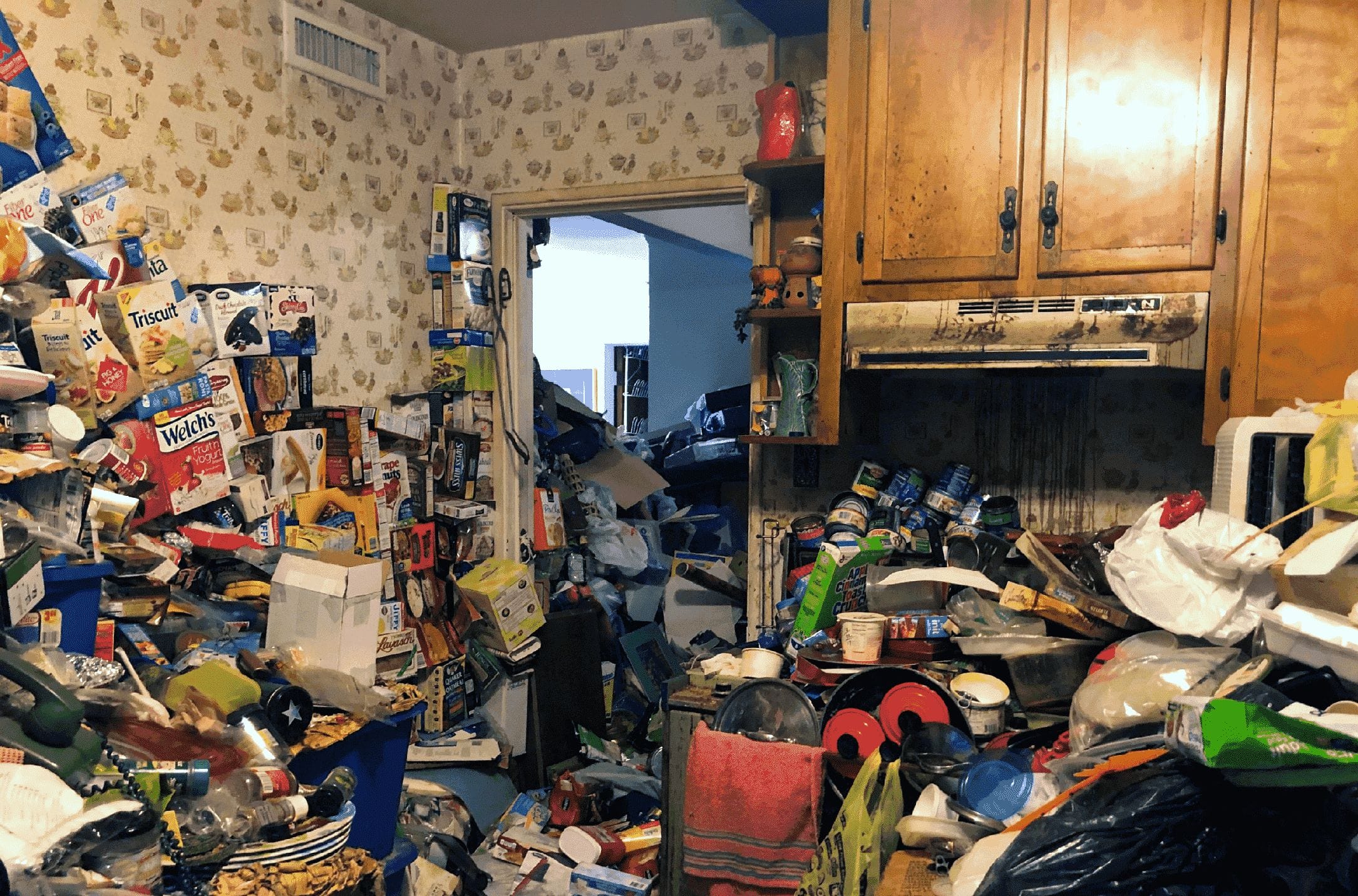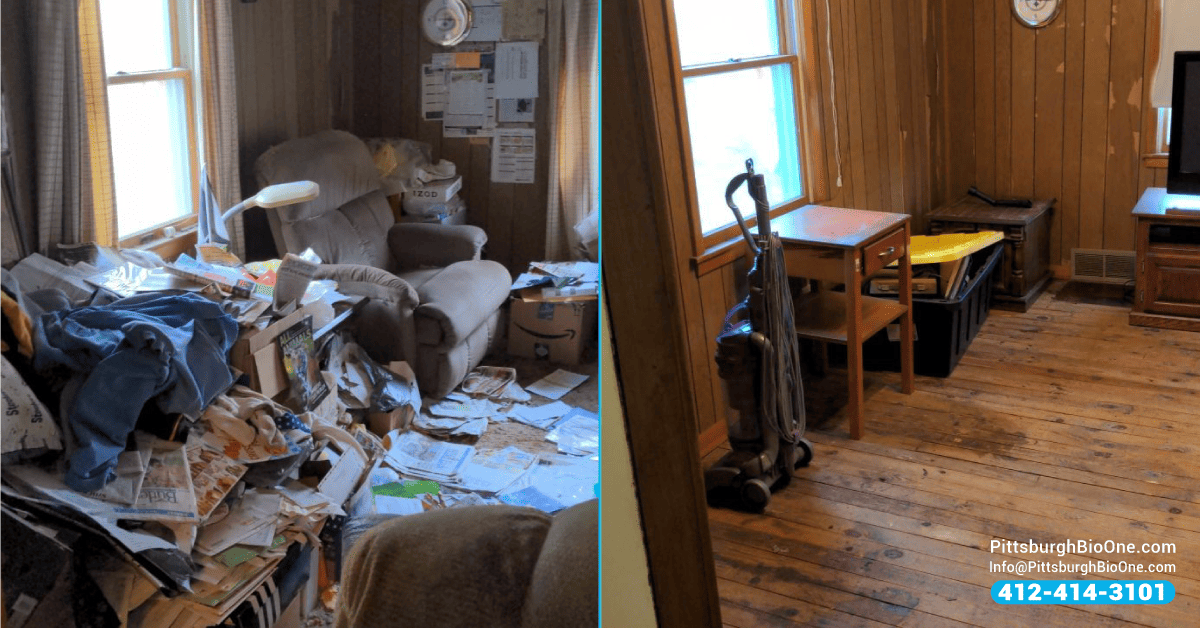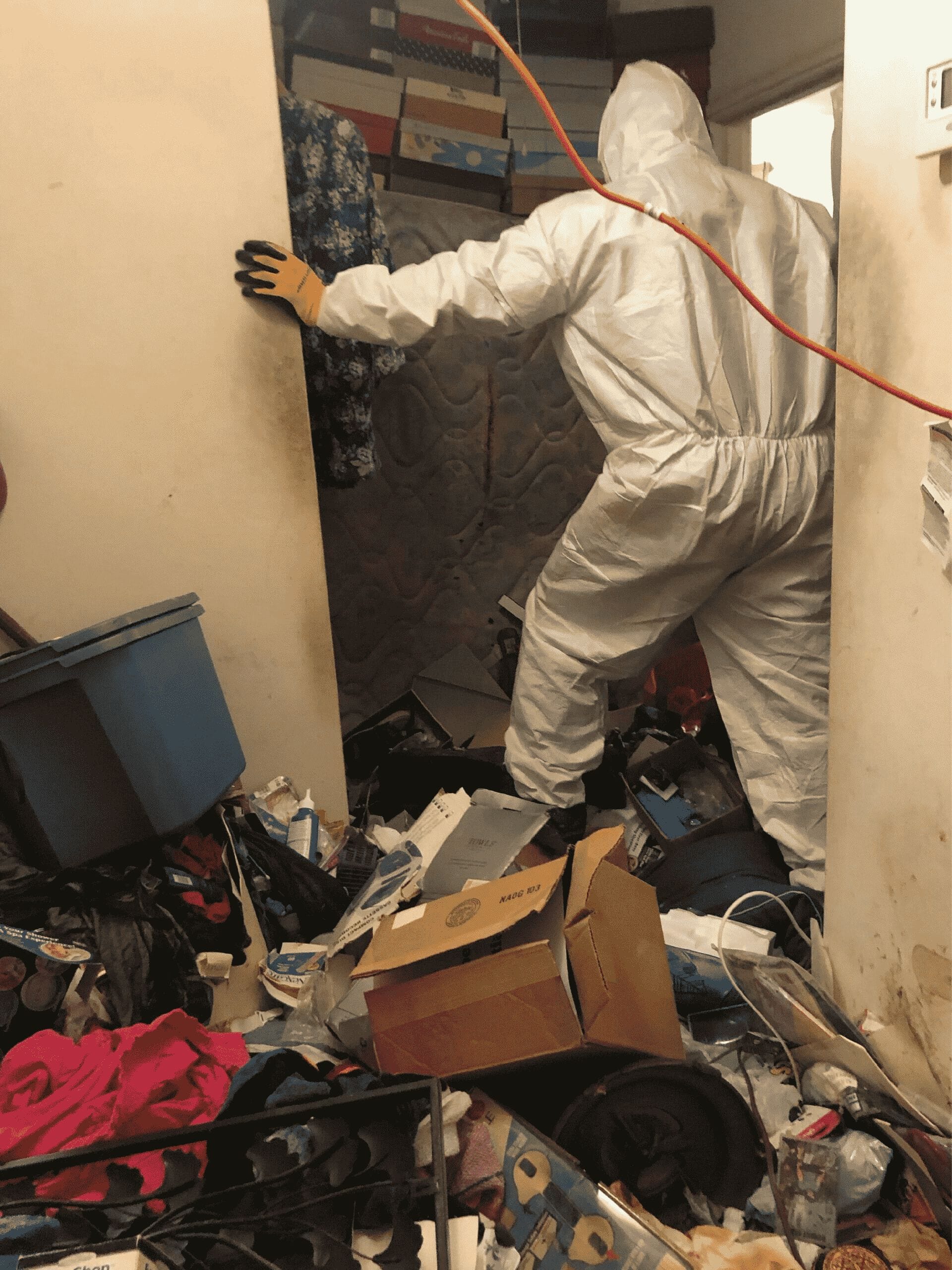
Hoarding Disorder might not be a popular topic for people to talk about, but it is a matter that affects millions of people worldwide. If you know someone who hoards, you might have many questions about the condition. Understanding the ins and outs of Hoarding Disorder is essential when trying to help those who struggle with it, so let's delve into some of the most frequently asked questions about hoarding.
Disclaimer: Please note that while Bio-One of Pittsburgh is dedicated to assisting with the physical aspects of hoarding, primarily through cleanup services, we are not mental health professionals. We intend to provide education and awareness about hoarding and its implications. The information provided herein aims to support those seeking help by offering insights into available treatments and resources. However, it should not be used as a substitute for professional mental health advice.
Bio-One of Pittsburgh
Question One: What is the definition of hoarding?
Hoarding is a mental health disorder that involves difficulty getting rid of possessions and an excessive accumulation of items, leading to cluttered living spaces. It is characterized by persistent difficulty in discarding or parting with possessions, regardless of their value. Hoarding can also cause significant distress or impairment in daily activities, relationships, and overall well-being.
Question Two: What are the causes of hoarding?
The causes of hoarding disorder are not entirely understood by professionals. However, hoarding can stem from different backgrounds, including genetics, family upbringing, trauma, and anxiety. People with hoarding disorder often have difficulty letting go of sentimental or perceived valuable possessions.

Question Three: What events can trigger hoarding?
Stressful or traumatic events, such as natural disasters or the death of a loved one, can trigger hoarding behaviors. Traumatic experiences can exacerbate hoarding tendencies, making it more challenging to manage the disorder.

Question Four: What are the levels of hoarding?
Hoarding Disorder has five different levels, including:
- Level 1: Slight clutter, which is not indicative of Hoarding Disorder.
- Level 2: Mild, noticeable clutter, which shows that there is an issue but is not yet a Hoarding Disorder.
- Level 3: Moderate clutter, which can pose health and safety issues.
- Level 4: Severe clutter, which indicates a Hoarding Disorder and can interfere with daily living.
- Level 5: Extreme clutter, where the severity is apparent, and it poses severe health and safety risks.
Learn more: A Closer Look at The 5 Stages of Hoarding Disorder
Question Five: What treatment options are available for hoarding?

The treatment options for hoarding include therapy, medications, and support groups. A licensed therapist can offer Cognitive Behavioral Therapy (CBT) to help people with Hoarding Disorder understand their behaviors and the negative consequences of their actions. Medications, such as antidepressants, can help with managing anxiety and compulsive behaviors, which are common with hoarding. Support groups can offer a safe space for people with hoarding disorder to share their experiences and get advice from others who understand what they're going through.
How Bio-One of Pittsburgh Can Help
If you know someone struggling with hoarding disorder, make sure to show empathy and understanding while encouraging them to seek treatment. Bio-One of Pittsburgh is here to help with cleaning and disinfecting homes impacted by hoarding while respecting the person's privacy and discretion. Contact us for more information about our hoarding cleaning services and how we can help people with hoarding take steps toward recovery. Share this article about the common questions about hoarding and remember, you don't have to face these situations alone!


